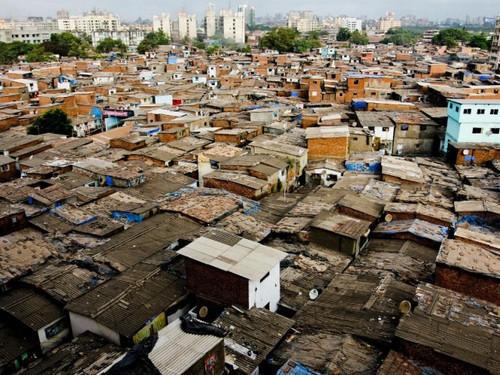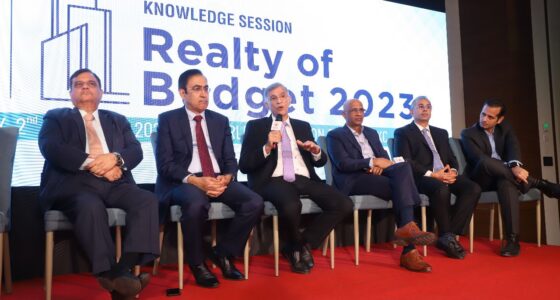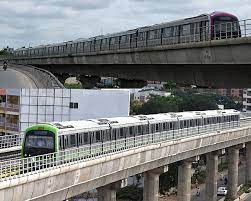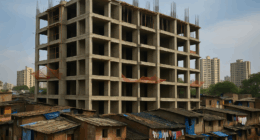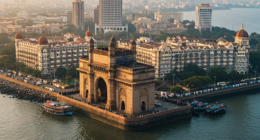SRA on Monday issued a circular allowing developers to carry out pre-monsoon measures. These measures will be carried out following the guidelines for containment of COVID-19.
By Varun Singh
Slum Rehabilitation Authority on Monday came out with a circular allowing developers to carry out pre-monsoon work.
The subject of the circular is “Permission for pre-monsoon measures, incomplete foundation works, basement etc. which may cause danger to the adjoining building or cause flooding for Slum Rehabilitation schemes sites.”
The Chief Executive Officer (SRA) has given approval to complete pre-monsoon measures by strictly following the guidelines for containment of COVID-19. These permissions will be granted by concerned Executive Engineer (SRA).
The application for carrying out pre-monsoon measures shall be made by the Developer through Architect/ License Surveyor on Email id’s to respective Executive Engineer (SRA). The Email id’s of Executive Engineers are as listed on website of Slum Rehabilitation Authority.
All the correspondence regarding seeking permissions shall be carried out through official Email id’s of respective Executive Engineer (SRA) and permissions will be communicated to the concerns through emails.
Under SRA, the developers are allowed to demolish slums and construct buildings for them. These buildings are meant to provide the slum dwellers a better standard of living.
However, recently Ratan Tata took a dig on the entire slum redevelopment by developers. Tata had said, “Slums are the residue; we’re building a vertical slum. For the first time, the close proximity, low value structures that we have built are the cause of new problems. The last few months have taught us that we’re suffering from close proximity. We have the image we want to project of ourselves and there’s a part we want to hide. We have social responsibilities as architects and builders.”
Many top developers in the city are into slum redevelopment and from South of Mumbai to the suburbs there are thousands of projects that are being carried out under SRA.
